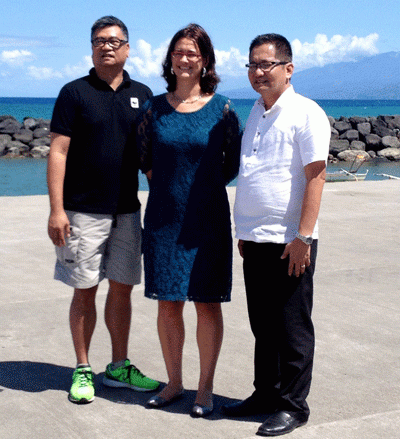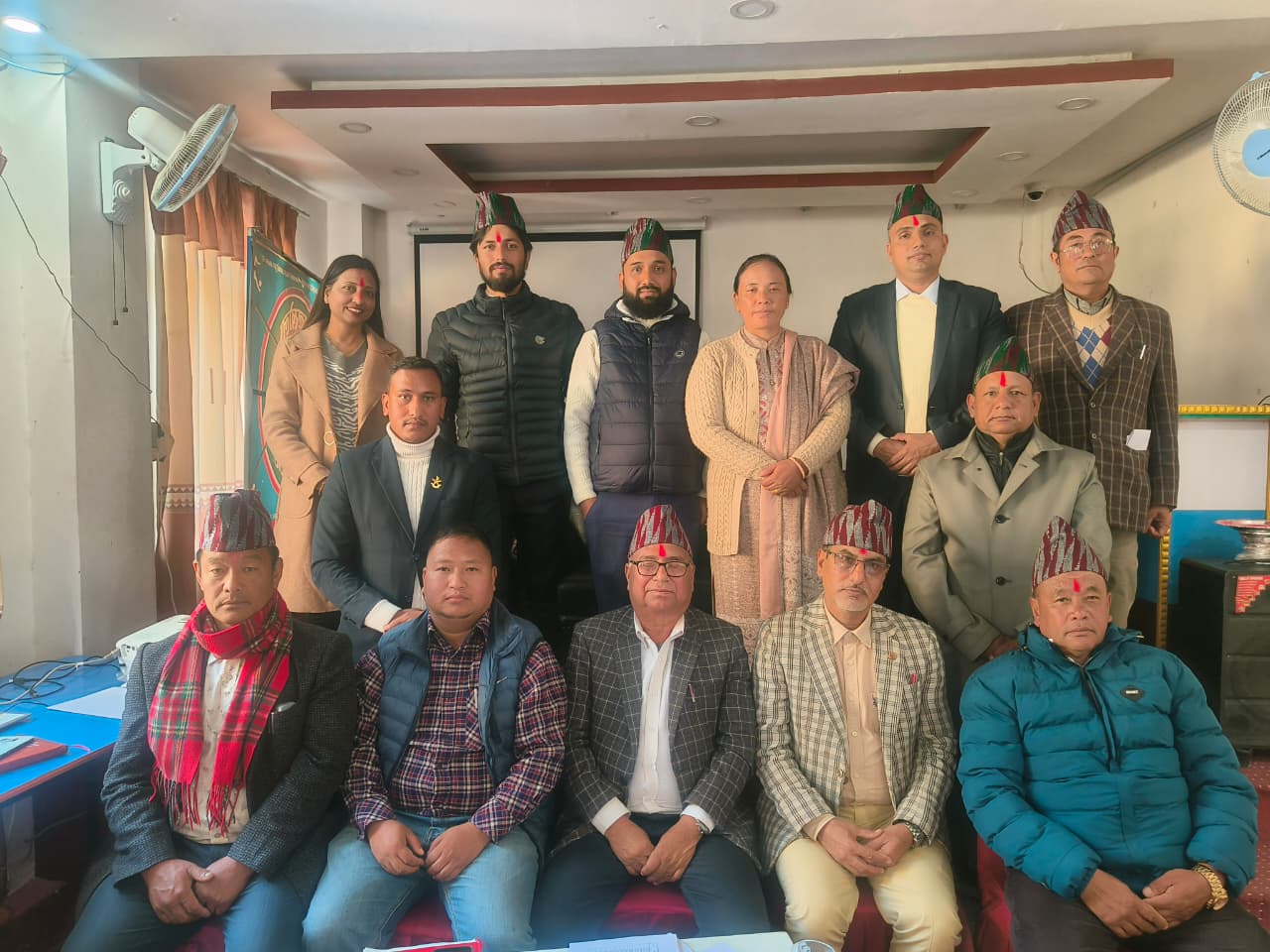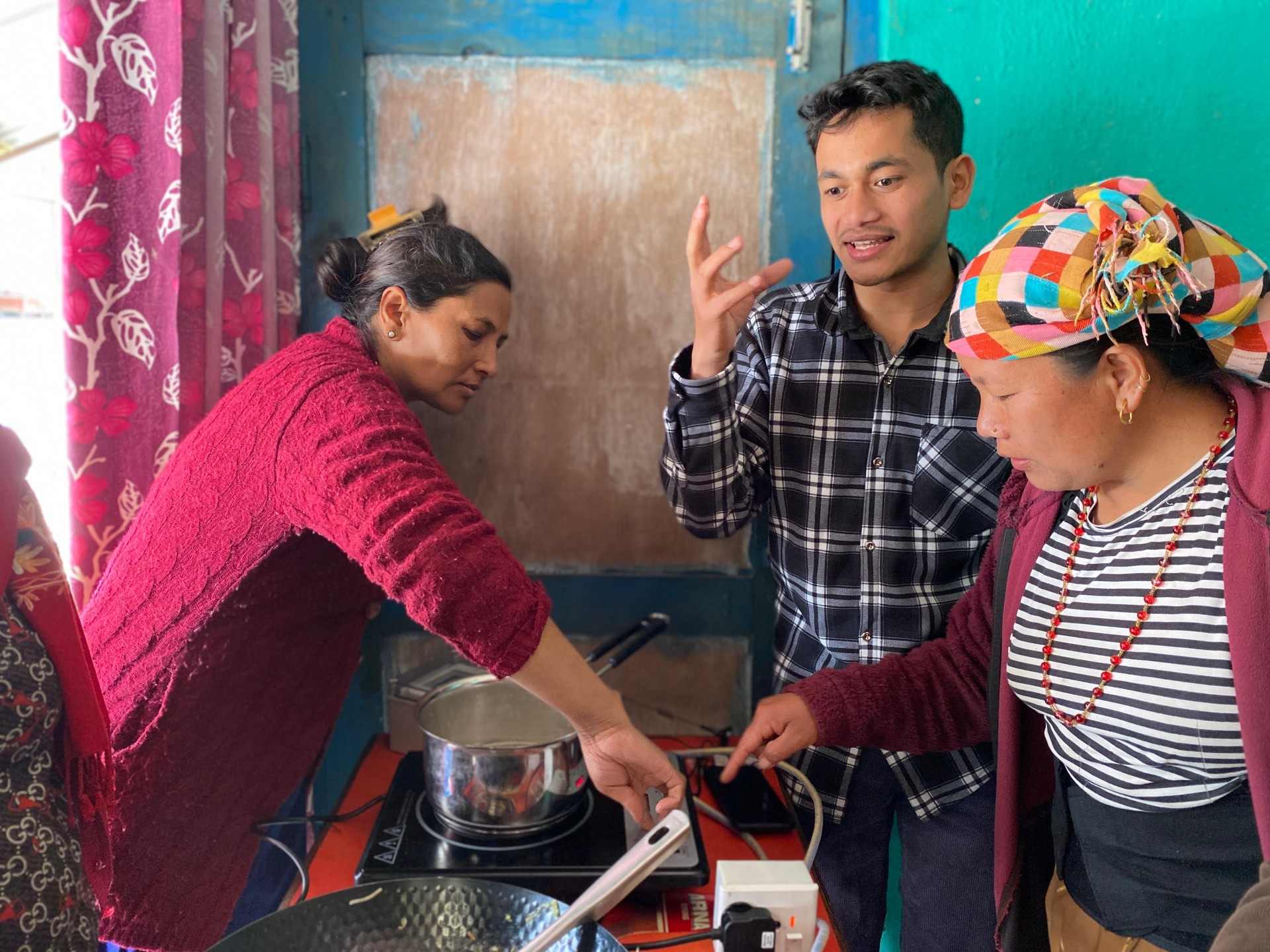E-cooking offers promising opportunities for rural enterprises in Nepal, boosting savings, health, and micro-hydropower sustainability. Our new report highlights key findings from twenty small businesses in Baglung.
Solar-Powered LED Lighting for Tuna Landing Site in San Jose, Philippines
Together with WWF Philippines, the Municipality of San Jose and the company Philips, the WISIONS initiative will support the nocturnal illumination of San Jose Port, a tuna landing site, using solar-powered LED lighting.
Presently, small-scale fisherfolk land their catch indiscriminately in varying locations, sometimes on unsanitary beaching areas. By addressing this issue, WWF will not only encourage more sustainable fishing activities, but also foster hygienic practices and improve the monitoring of the catch.
The full article on the initiation of the project is available online at The Manila Times.
To read about the project on our SEPS webpages, please visit Solar Powered Central Landing Area for Night Fishing in the Lagonoy Gulf, Philippines.


